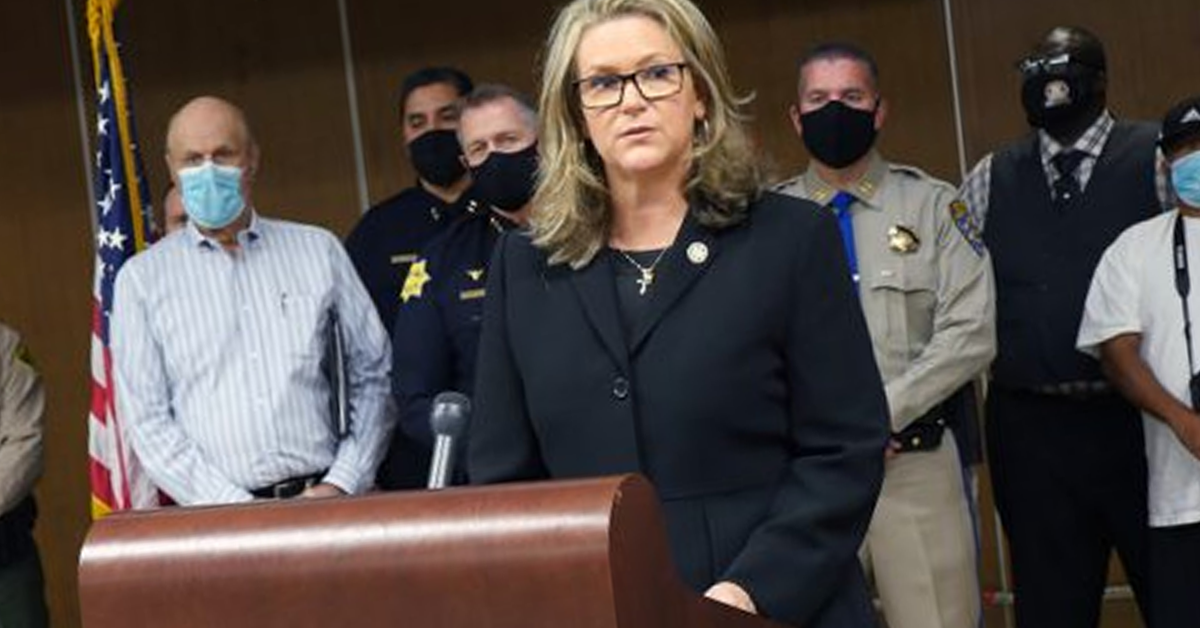By Dr. Debra Sylvester, Director of Geriatrics, CCA Health California
We play many important roles in our lifetime. As people are living longer, there is a greater likelihood that we will find ourselves as a caregiver for an aging loved one. As Director of Geriatrics for CCA Health California, I see firsthand the love and energy caregivers devote to their family members each day, and I’ve had the privilege of helping many of our health plan members age well in their own homes. But I also understand the hardships of the caregiving experience. I was the primary caregiver for my aunt and have supported my own parents as they cared for my grandparents. While those moments were invaluable to me and my family, I empathize with the sacrifices and emotional toll that come with them.
At CCA Health California, we understand that the health and well-being of older adults are more than the medical care and social needs they have access to – it’s also about finding ways to support the loved ones around them who aid in their care. Now, more than ever, caregivers need support and resources to manage their own well-being while caring for another.
About a quarter of U.S. adults are in a situation where they are potentially caregiving for multiple family members at the same time. As young adults struggle for financial autonomy, an increasing number of parents are going to find themselves “sandwiched” between supporting at least one child and having a parent older than the age of 65. In addition, many of the growing minority populations in the U.S. view caregiving through the lens of a strong family tradition. By 2060 it is estimated that the U.S. Asian population will reach 46 million, and nearly a quarter of Asian Americans live in multigenerational households where strong familial bonds and deep respect for one’s parents increase the likelihood of caregiving for older adults in the home. And in Latino cultures, family is the center of life. One in every three U.S. Latino households has at least one person caring for a family member.
With aging and demographic trends suggesting that more and more Americans will play the role of caregivers for aging parents, and some playing multiple caregiving roles at once, we want to share some tips we’ve learned while working alongside CCA Health members and their families.
- Ask for help. Caregivers often don’t accept help because they don’t want to place a burden on others. Depending on your comfort level and if others are available to help, you can begin by asking them to make a social visit with your loved one or help with transportation to appointments or other activities. They can also pick up medicine or food.
- Know the signs of depression. We all have “blue” days and may be unhappy from time to time. But the demands of caregiving can lead to longer bouts of sadness. It’s important for caregivers to recognize the signs of depression, such as: feeling sad, hopeless, or helpless; loss of energy; trouble sleeping; anger or irritability; or self-loathing and thoughts of suicide. If you’re experiencing signs of depression that last for more than two weeks or if your symptoms worsen, talk to your doctor right away.
- Manage stress. Chronic stress can have negative impacts on your health and well-being. It’s important to recognize the signs, such as feeling overwhelmed or constantly worried, having frequent headaches or physical pain, gaining or losing weight, becoming easily irritated or angered, and more. To manage your stress, be sure to take care of yourself, with a focus on exercise, sleep, and eating well.
- Respect your boundaries. The expression “put your oxygen mask on first” cannot apply more. To avoid burnout, you need periods of rest. Asking people to help give you time off, whether it’s a day or a week every few months, will enable you to provide long-term care for your loved one. The more shifts you can share the better, whether that’s with family or professional caregivers.
To download a caregiver’s guide with more helpful information, visit: ccahealthca.org/caregivers.










